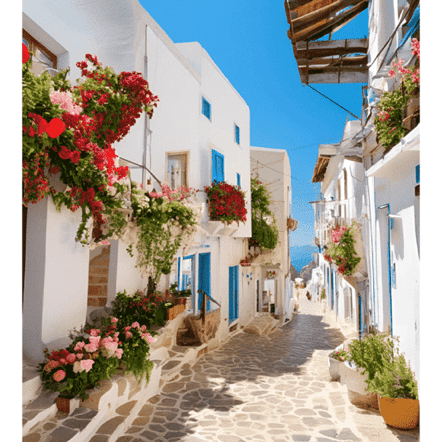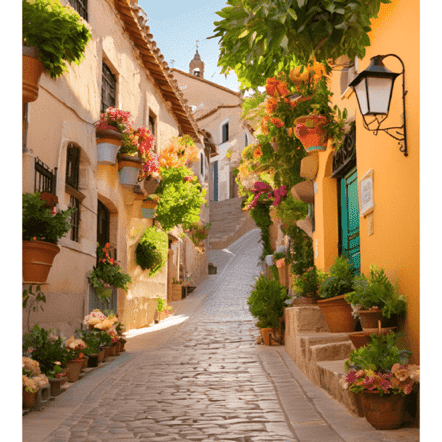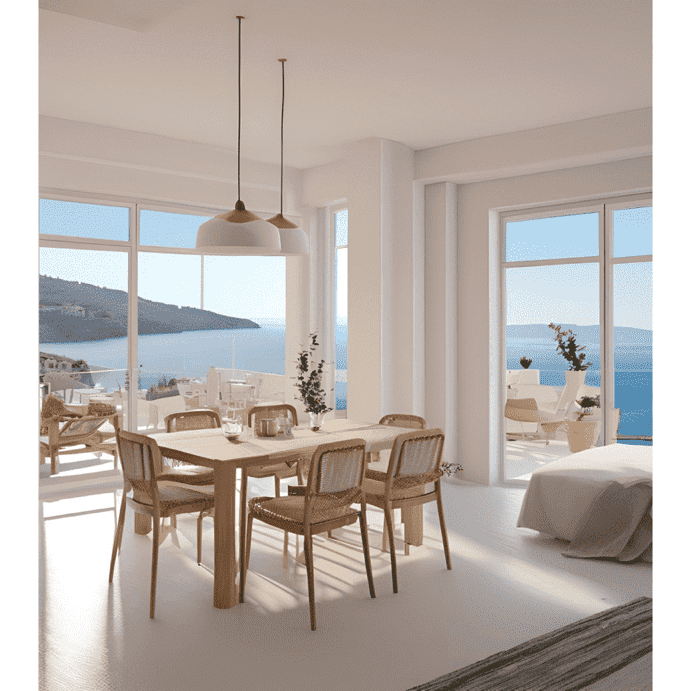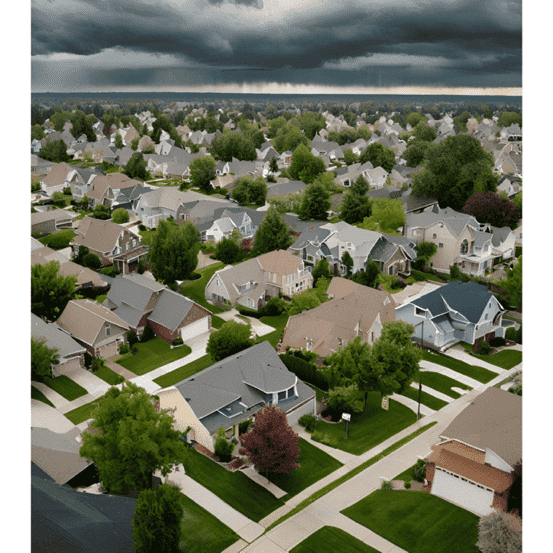Buying Land in France: A Foreigner’s Guide
Discover essential steps and legal insights for buying land in France as a foreigner. Navigate your dream property journey with confidence.
Embarking on the journey of buying land in France as a foreigner can be as exhilarating as it is daunting. From the initial selection of a plot to the intricate dance of legalities involving notaires and taxes, this guide aims to illuminate the path for prospective buyers eager to build their dream abode in the picturesque landscapes of France.
Defining a Building Plot
Before you get swept away by visions of your future home, it’s crucial to ascertain whether the land you’ve set your sights on is indeed a building plot. This information is typically disclosed in the sales announcement. However, construction is contingent upon satisfying three essential criteria:
1. Structural Integrity
The soil and subsoil must possess the capacity to support the weight of the intended construction.
2. Flood Risk
The plot should not be prone to flooding unless the local mairie has implemented specific measures or granted exceptions.
3. Accessibility
The land must be reachable by road and have access to essential utilities such as water and electricity.
To verify the construction eligibility of a plot, one can consult the local planning regulations, known as the Plan Local d'Urbanisme (PLU), or refer to the national register available online. The PLU also delineates the types of constructions permissible based on the approved land use for the plot—be it residential, commercial, or public service.
Understanding Plot Types
French law distinguishes between two primary categories of land: the terrain isolé (full plot) and the lotissement (subdivision).
- Terrain Isolé: This refers to a standalone plot of land that may not necessarily be deemed constructible. Such plots can be sold even if they lack road access or connections to water and electricity networks.
- Lotissement: This is a subdivision of a larger plot specifically designated for building. Prior to sale, the seller must obtain approval from the mairie for both the division and the intended use of the land. A lotissement must be fully accessible by road and equipped with necessary utilities.
In both scenarios, sellers are obligated to provide a diagnostic ERP (état des risques et pollutions), which outlines potential hazards such as flooding, termite infestations, radon gas presence, and local pollution levels. This document must be no older than six months.
The Acquisition Process
Once you’ve identified your desired plot, the next step is to engage with the owner and present an informal offer. While this initial offer doesn’t require formal documentation, it’s prudent to follow up with a written offer to facilitate the preparation of the ERP documents. This formal offer should be sent via registered post and must include:
- Your name and address, along with the seller’s details
- The plot’s address, surface area, and nature
- The proposed purchase price
- A formal request to review the ERP documents
Should the seller accept your offer, you have a ten-day window to reconsider, during which you should thoroughly examine the ERP documents provided. It’s worth noting that the seller cannot proceed with the sale without furnishing these documents.
The Role of the Notaire and Associated Taxes
Upon acceptance of the offer, the buyer typically remits 5% of the agreed price to the notaire as a sales agreement, known as the compromis de vente. This sum is held in escrow until the sale is finalized. However, parties may opt to bypass this step and proceed directly to the sale.
The notaire’s fees generally range from 7% to 8% of the total sale price, encompassing:
- The notaire’s remuneration
- Taxes (which constitute approximately 80% of the notaire’s fees), including deed transfer rights and VAT on the notaire’s payment.
- Miscellaneous expenses
Once all parties have signed the sale agreement, the plot is officially yours. However, to commence construction, you must secure planning permission and pay the taxe d’aménagement within six months of approval. This tax is calculated based on the usable area of the construction and various rates established by the commune and department:
Taxe d’aménagement = (taxable surface m² x fixed rate x commune rate) + (taxable surface m² x fixed rate x departmental rate)
In 2024, the fixed rate is set at €914/m² outside Île-de-France and €1,036/m² within Île-de-France.
For instance, if the taxable surface area is 50 m², the calculation would be:
(Taxable surface 50 x 914 x 0.03) + (Taxable surface 50 x 914 x 0.025) = €2,513.
Utilities and Timeframes
Before breaking ground on your new construction, you’ll need to connect the plot to essential utilities. The costs for this can vary significantly, ranging from €5,000 in residential areas to upwards of €10,000 or even €15,000 for more isolated plots.
As for the timeline, there is no strict obligation to commence construction within a specific period. While planning permissions are typically valid for three years and can be extended twice for one-year increments, some communes may impose annual taxes on undeveloped buildable land, known as the taxe foncière sur les propriétés non bâties. As of 2022, the average cost of this tax was €118 per plot.
While the process of buying land in France as a foreigner may seem labyrinthine, a thorough understanding of the regulations, requirements, and potential pitfalls can transform your dream of owning a piece of French paradise into a tangible reality. So, roll up your sleeves, don your best beret, and prepare to navigate the delightful complexities of French real estate!
Buying Land in France: A Foreigner’s Guide
Greece: Europe’s Fourth Cheapest Real Estate Market
Greece: Europe’s Fourth Cheapest Real Estate Market
Explore why Greece stands out as one of Europe’s most economical real estate markets, attracting savvy investors seeking value and opportunity.

Surge in Scottish Home Sales: UK Real Estate Update
Surge in Scottish Home Sales: UK Real Estate Update
Scottish home sales and enquiries surged in October, with a third of surveyors reporting the fastest growth in years, signaling a vibrant market.

Spain: A Leading Market in European Real Estate
Spain: A Leading Market in European Real Estate
Explore how Spain is becoming one of Europe's most promising real estate markets, excelling in retail, logistics, and hotel sectors for strategic growth.

Greece Real Estate Market: Rise of Serviced Apartments
Greece Real Estate Market: Rise of Serviced Apartments
Explore the growing demand for serviced apartments in central Athens, where integrated hospitality services attract savvy investors in the Greece real estate market.

Home Prices Hit by Climate Change, J.P. Morgan Warns
Home Prices Hit by Climate Change, J.P. Morgan Warns
J.P. Morgan analysts reveal a negative link between climate risk and home price appreciation. Explore the emerging trends and their impact.


